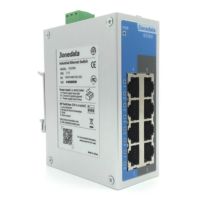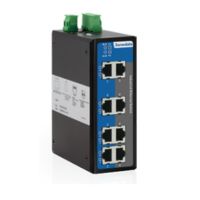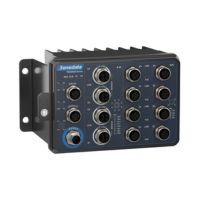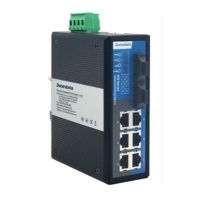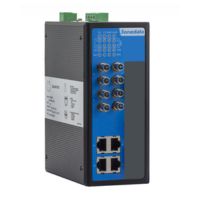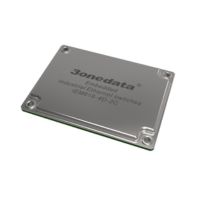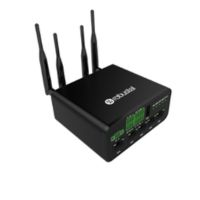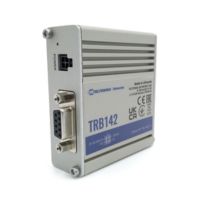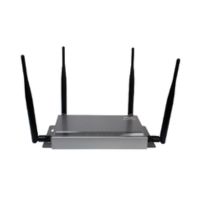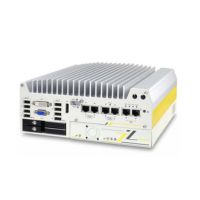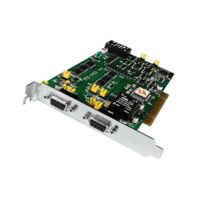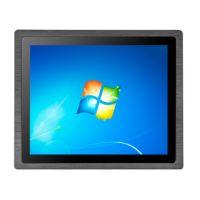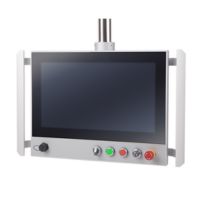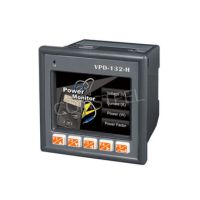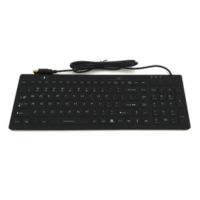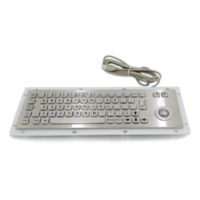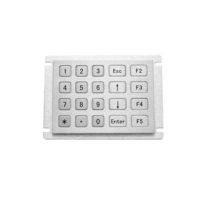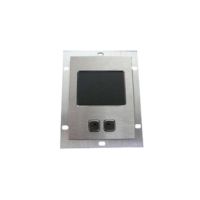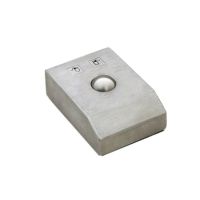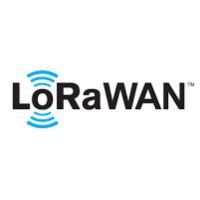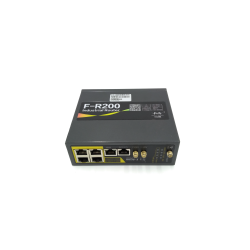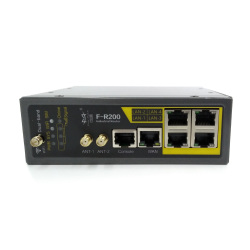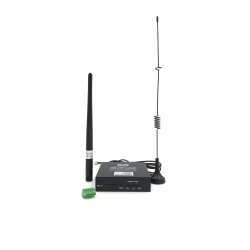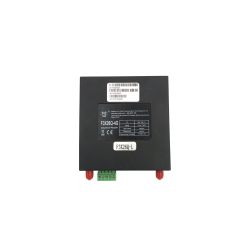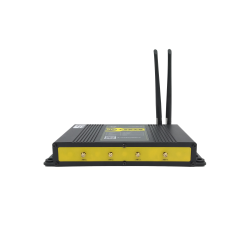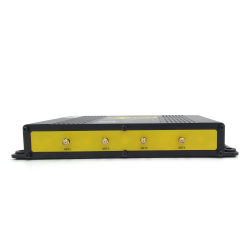What kind of router for a business?

Manufacturing and industrial operations require specialized solutions. Wondering what kind of router to choose for the production floor, office or open area where you need Internet access to run your business? Not every router can work in the harsh conditions that most often prevail on production halls, or be used as an outdoor router and mounted, for example, on a pole in an open yard or cold hall. Industrial router from a commercial one differs in such properties that make it able to work in variable and demanding environmental conditions and guarantee a secure connection to the network. Before buying and choosing a router for your business, you need to know the answers to some important questions that will help you make the right decision.
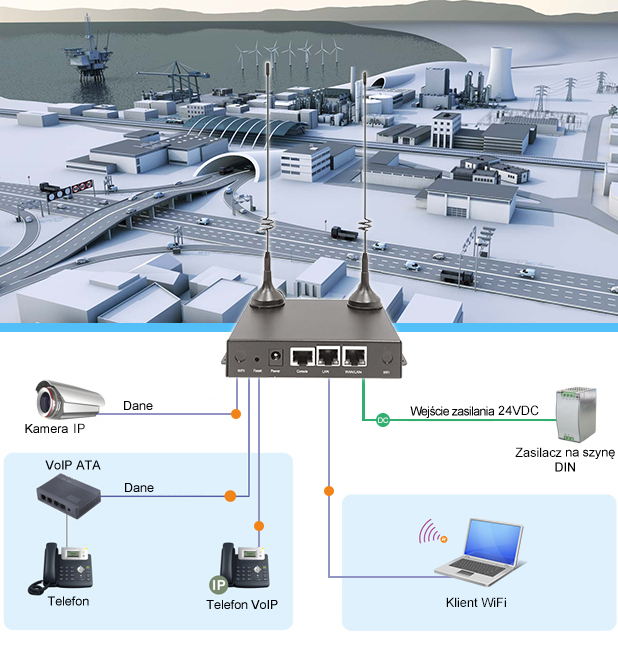
Where will the router work?"
Industrial router is often installed in places with ambiguous environmental conditions. It may be a ship, a control cabinet, a hall where temperatures are high or low, an office room or a wall outside a building. Knowing the place of installation, it will be easier to select parameters such as:
Operating temperature:
The installation site of an industrial router is mostly not heated or, on the contrary, there is a very high temperature above 40ºC. That's why it's so important that the industrial router we choose supports the extended temperature range, which for industrial equipment is mostly from -35°C to +75ºC.
IP protection level:
Industrial routers designed to operate outdoors or in environments where they may come into contact with water should be IP65 or IP69K rated. However, when the working environment does not require it, they can only have IP20-IP40 protection against dust and foreign elements.
In what area is the data transmission to take place?
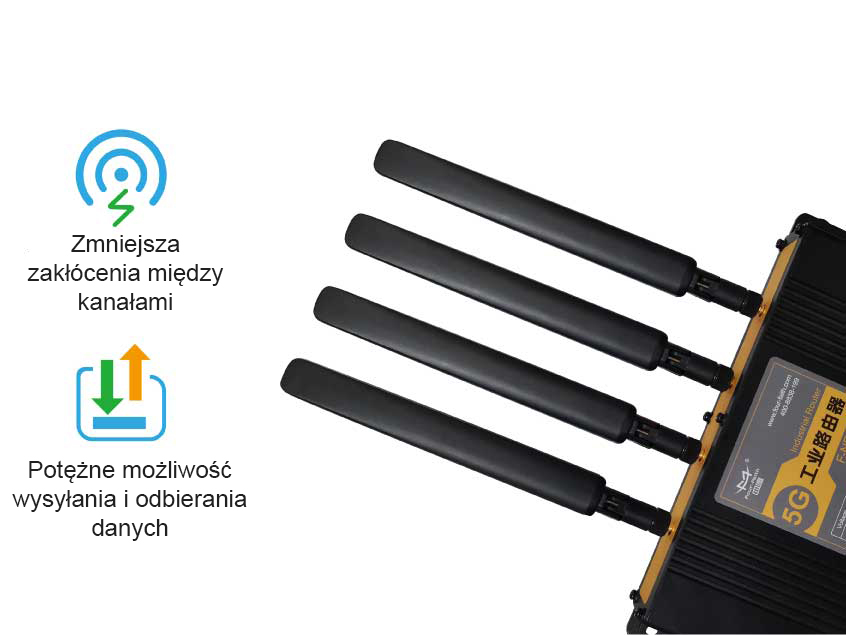
Industrial projects generally require data transmission over large areas or in locations with difficult coverage. By using an industrial outdoor lte router, for example, to supply a remote water intake station with Internet access, we are able to create a secure and stable VLAN. It is also not always possible to provide access to fiber-optic Internet. In such areas, it is possible to use an industrial external router for sim card, which, regardless of the prevailing conditions, will provide Internet to the connected devices. In industrial areas, it is often not possible to connect devices via RJ45 because, for example, they are outside or in the other hall, so in such situations you can use external wifi router, thereby reducing the cost and solving the problem of connecting devices by wire.
What kind of industrial router should meet standards and have certifications?"
Different industries require meeting different standards. If you need a 4G LTE router with the UL864 standard, it should meet such a standard and have a certificate to prove it. Having this certificate proves its quality and compliance with strict fire standards. In some industries other standards are needed, if you don't know exactly what standard your LTE router must meet you can check it in the EN standards list.
For which devices should internet access be provided?
For which devices is our router to provide Internet? Are they to be IP cameras, employees' computers, specialized machines or a specific switchboard. Knowing what devices we want to connect, we can choose the kind of router we actually need whether it should be an outdoor lte router, a GPRS router or an industrial 5G router with IP65 protection.
If you prepare yourself answers to the above questions, you will know what kind of router you need for your business and the choice should no longer be a problem for you.

